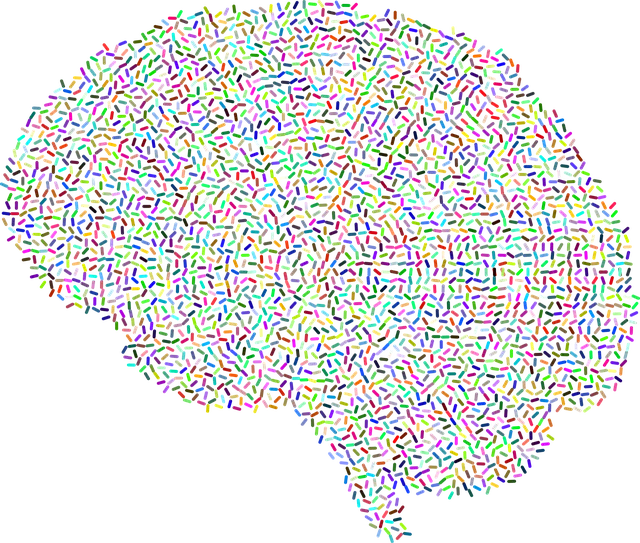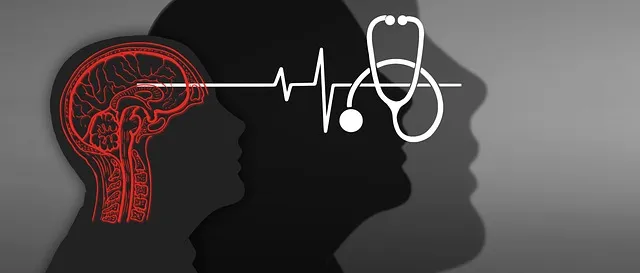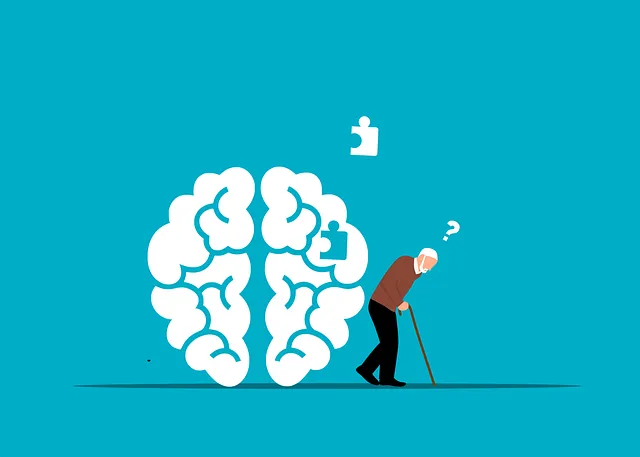In today's fast-paced world, digital mental wellness apps are gaining popularity as convenient tools to manage stress and anxiety. With a focus on mindfulness, meditation, and emotional intelligence, these apps cater to global users seeking holistic approaches to well-being. Key features include personalized tracking, evidence-based practices, secure therapist communication, live tracking, and integration with wearable devices. Organizations like Boulder and Kaiser have successfully developed user-friendly apps that offer accessible, high-quality therapy, exemplifying the potential of digital solutions in mental healthcare. For individuals seeking professionals, understanding if Boulder does Kaiser have good therapists can guide them towards suitable care options.
In today’s digital age, mental wellness app development has emerged as a powerful tool for improving access to therapy. With growing demand for accessible mental health services, apps like those offered by Boulder and Kaiser stand out for their effectiveness. This article delves into the key factors driving this trend, exploring essential features, development considerations, and successful implementations. Discover how these innovative platforms are changing lives by connecting users with qualified therapists, offering diverse therapeutic approaches, and fostering better mental wellness.
- Understanding the Demand for Mental Wellness Apps
- Key Features of an Effective Mental Health App
- Development Process and Considerations
- Success Stories: How Boulder and Kaiser Approach Therapy Apps
Understanding the Demand for Mental Wellness Apps

In today’s fast-paced world, mental wellness has become a paramount concern for many individuals seeking balance and equilibrium in their lives. This shift is reflected in the growing demand for digital tools that promote mental health and well-being. Apps focused on mindfulness, meditation, and emotional intelligence are gaining popularity, offering accessible and convenient ways to manage stress, anxiety, and other mental health challenges. As such, there’s a pressing need for innovative solutions, especially considering the varying preferences and requirements of users across diverse locations—including those in Boulder or even areas where Kaiser has well-regarded therapists.
The integration of Mind Over Matter principles within these apps caters to a broader audience seeking holistic approaches to mental wellness. By combining evidence-based practices with intuitive user interfaces, developers can create powerful tools that resonate with users worldwide. This trend aligns with the evolving landscape of healthcare, where digital solutions are increasingly recognized for their role in enhancing traditional therapy and improving overall mental health outcomes.
Key Features of an Effective Mental Health App

An effective mental wellness app should offer a comprehensive suite of features tailored to support users’ mental health journeys. Key components include personalized dashboards that allow users to track their mood, thoughts, and behaviors over time, providing valuable insights into their mental health patterns. Incorporating evidence-based practices such as mindfulness exercises, meditation guides, and cognitive behavioral therapy (CBT) techniques can help users develop coping skills and boost their confidence in managing stress and anxiety.
Additionally, these apps should facilitate secure communication with licensed therapists or counselors through chat, video calls, or virtual groups. Features like live tracking, reminders for therapy sessions, and access to a library of mental health resources further enhance the app’s utility. With options for anonymous sharing and integration with wearable devices, users can receive personalized recommendations based on their activity levels and sleep patterns, fostering a holistic approach to Mental Health Awareness and coping Skills Development.
Development Process and Considerations

The development of a mental wellness app is a meticulous process that demands careful consideration and strategic planning. It begins with defining the app’s purpose and target audience, whether it caters to individuals seeking therapy or offers support for healthcare providers dealing with burnout. For instance, an app designed to connect users with qualified therapists in their area, like those available in Boulder compared to Kaiser, should incorporate robust search algorithms and user-friendly interfaces.
Key considerations include integrating Crisis Intervention Guidance for users in distress, implementing Burnout Prevention Strategies tailored to healthcare professionals, and incorporating Emotional Well-being Promotion Techniques to engage and empower users. The app’s effectiveness lies in its ability to provide personalized guidance while adhering to ethical standards and ensuring user data privacy. Regular updates based on user feedback and the latest research are essential to keep the app relevant and beneficial.
Success Stories: How Boulder and Kaiser Approach Therapy Apps

Boulder and Kaiser are notable examples that highlight the potential of mental wellness apps. Both organizations have integrated digital therapy solutions into their services, showcasing how effective these platforms can be in providing accessible and personalized care. Boulder’s app, designed to offer a range of therapeutic interventions, has garnered attention for its user-friendly interface and diverse tools that support individuals in managing stress, anxiety, and other mental health challenges. Meanwhile, Kaiser has also made strides with their digital therapy offerings, ensuring patients have access to high-quality therapists who can guide them through various self-care practices, build resilience, and boost confidence.
These success stories demonstrate the power of technology in extending traditional therapy models. By leveraging apps, healthcare providers can reach a broader audience, offering timely interventions and continuous support. The integration of digital tools within established mental health institutions like Boulder and Kaiser signifies a promising future for personalized wellness solutions, where individuals can take control of their mental well-being through innovative and accessible means.
Mental wellness apps are transforming access to therapy, as evidenced by successful initiatives like those seen in Boulder and within Kaiser. By understanding user needs, incorporating essential features, and learning from innovative approaches, developers can create effective tools that enhance mental health support. With the right focus on design and functionality, these apps have the potential to reach a wide audience and make professional care more accessible, ensuring that everyone has the opportunity to thrive. When it comes to evaluating options, considering whether Boulder and Kaiser’s therapist models are successful can be a valuable guide for app development and user satisfaction.


